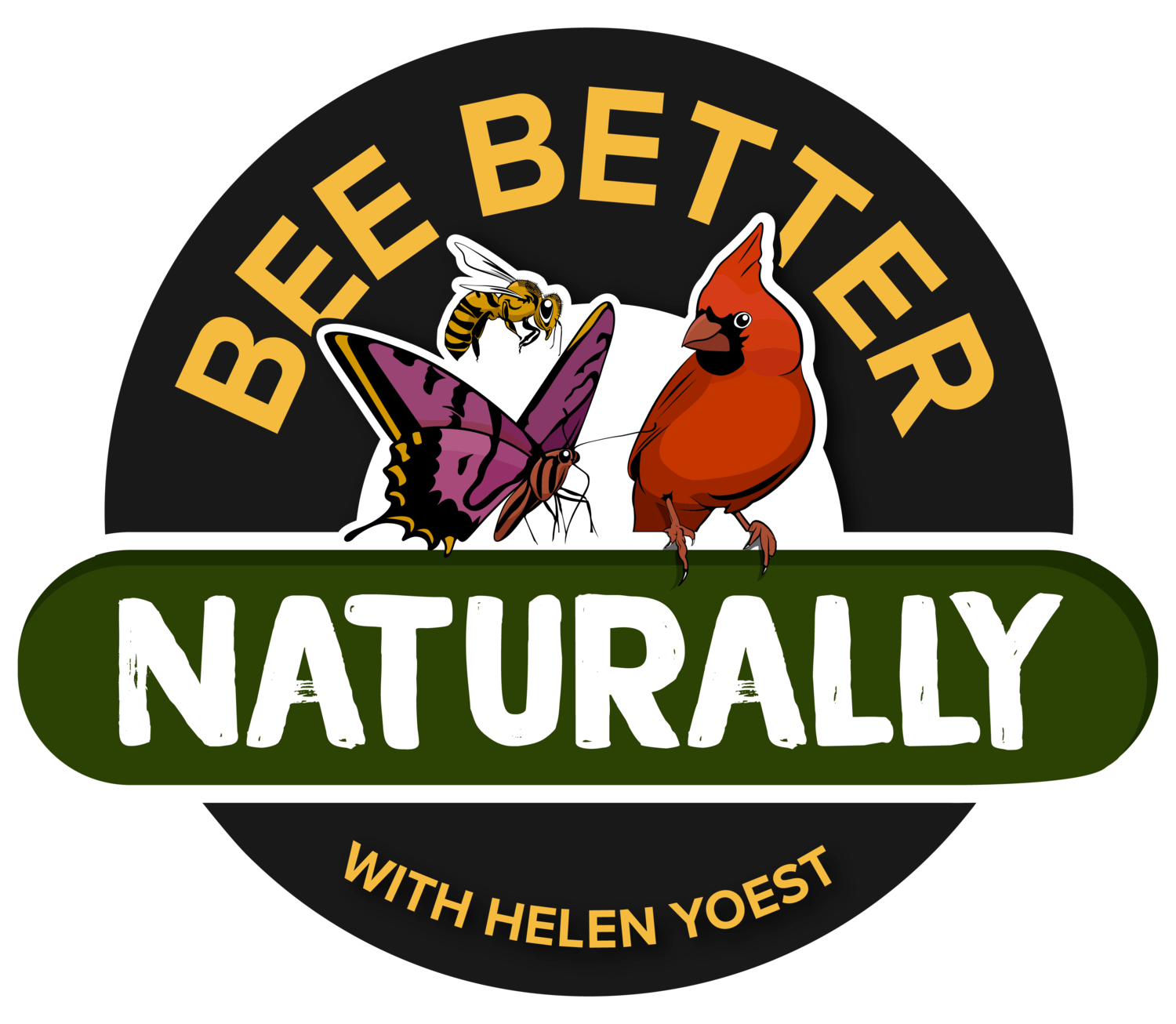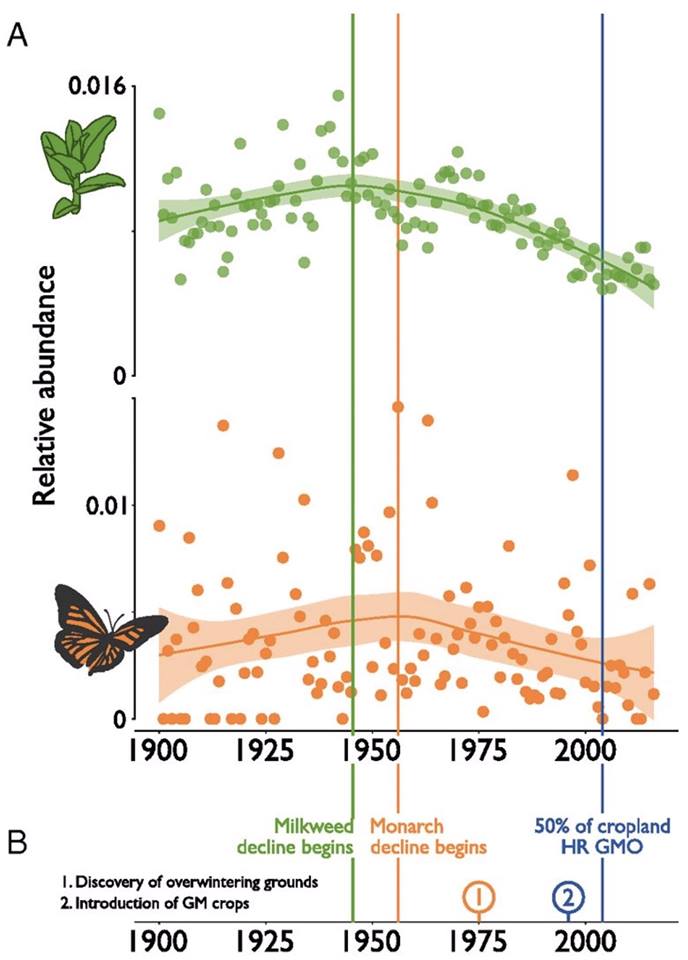Bee Better Naturally has a lot of exciting changes to come. While I’m still learning how to use Squarespace, my now website hosting site, I’m also learning how to create online courses. I thought the first mini-course would be ready by now, but I realized I was rushing things and have pulled back. Instead of an April 1st launch, I’m now looking to lunch on Earth Day, April 22nd. Stay tuned. The course is called the Monarch 95% Club.
Did you know in nature, only 5% of monarch butterflies reach adulthood? Our mini-course includes a members site and a download of ten of the most common milkweeds across the US with graphics.
The Monarch 95% Club is a membership site; and as a member commits to growing not only more milkweed but also raising monarch egg and caterpillars to adulthood, vastly increasing the survival rate up from just 5%.
Stay tuned!!!
As we grow our courses, we hope to expand our mailing list. If you haven’t already subscribed to our newsletter, where we off a free monthly maintenance gardening guide, please do so. For more than ten years I have been adding and tweaking these 12 posts to be more wildlife friendly including food and decorating. I hope those of you who have subscribed, find it helpful. If so, I’d love for you to leave a comment!
You may have heard I’m leaving Ferrington Village as one of their gardeners. I loved the work, but it was time to move on. It was the fastest two years and three months I can remember. Why? Well, there were several reasons, but I wanted to do more challenging and rewarding work, so I’m back writing and focusing on technical writing. I’ll be a technical editor and writer for Merck Pharm. I’m super excited. And knowing I’m back at a desk all day, I can save my physical strength to work in the Bee Better Naturally Teaching Garden!
Bee Better Naturally with Helen Yoest is alive and well. You’ll see even more from me. As mentioned above, I will be writing and producing online courses. These online courses will be challenging and rewarding.
So lots of exciting happenings with Bee Better Naturally. If you are on Facebook, click here to like our page at Bee Better Naturally with Helen Yoest.
Also if you subscribe to this site (see above yellow bar) you will also get a free download of Getting Ready for Bluebirds!
Until soon, Helen








